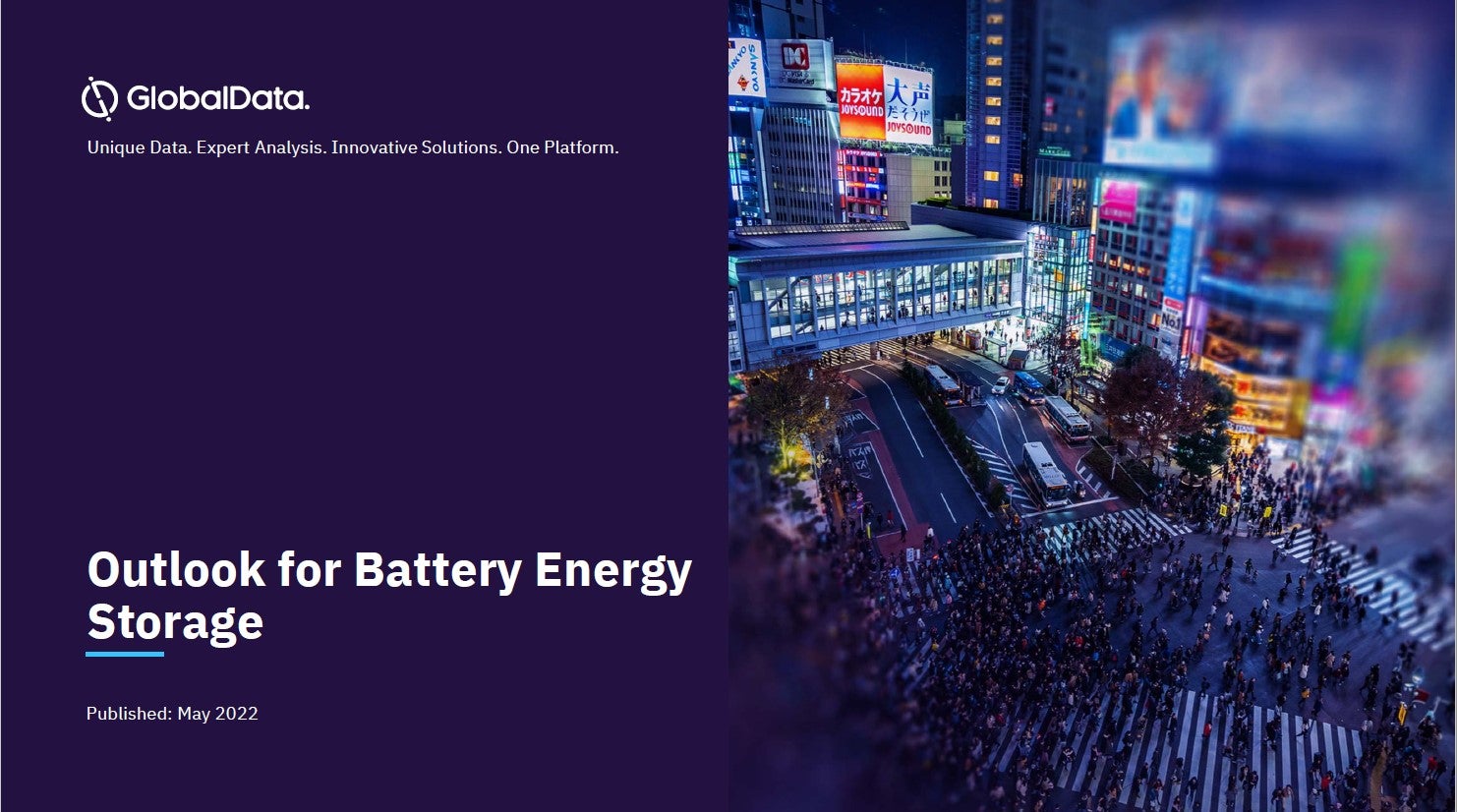The Daimler-Elverlingsen – Battery Energy Storage System is an 8,960kW energy storage project located in Elverlingsen, South Westphalia, North Rhine-Westphalia, Germany.
The electro-chemical battery energy storage project uses lithium-ion as its storage technology. The project was commissioned in 2018.
How well do you really know your competitors?
Access the most comprehensive Company Profiles on the market, powered by GlobalData. Save hours of research. Gain competitive edge.

Thank you!
Your download email will arrive shortly
Not ready to buy yet? Download a free sample
We are confident about the unique quality of our Company Profiles. However, we want you to make the most beneficial decision for your business, so we offer a free sample that you can download by submitting the below form
By GlobalDataDescription
The Daimler-Elverlingsen – Battery Energy Storage System was developed by Getec Energie and The Mobility House. The project is owned by Daimler (33.33%), Getec Energie (33.33%), a subsidiary of GETEC Energie Holding and The Mobility House (33.33%).
The key applications of the project are primary balancing power and grid support services.
Contractors involved
Daimler, Getec Energie and The Mobility House have delivered the battery energy storage project.
Additional information
A total of 1920 battery modules are bundled in a plant in Elverlingsen in South Westphalia to create a “live replacement parts store” for the fleet of third generation electric smarts. The stored battery modules are sufficient for at least 600 vehicles.
About Getec Energie
Getec Energie GmbH (GETEC Energie), a subsidiary of Getec Energie Holding GmbH, is an energy services company. It provides customized power and gas supply solutions and commercialization of power produced with in-house generation systems. The company’s service offerings include energy supply models; balancing group management; access to short-term energy markets; sourcing energy from liquid markets in Germany and Europe; trading of electricity and gas; peak shaving (storing energy in batteries); commercialization of electricity from renewable energy sources; and process services. Getec Energie offers its solutions to utility companies, energy producers and consumers, energy consultants, and foreign utility companies. The company is operating throughout Germany, Austria, Hungary, and Switzerland. Getec Energie is headquartered in Hanover, Germany.
About The Mobility House
The Mobility House AG (Mobility House) is a clean technology company that offers intelligent energy-storage and charging solutions. The company generates electricity from solar and wind energy and stores in batteries. It offers products such as installed charging infrastructure products, stationary batteries, smart charging, vehivle to grid and energy storage, among others. Mobility House provides services such as installation and initial start-up of charging station and on-site inspection of electric installation and application situation. The company offers services related to electric vehicles, charging infrastructure, renewable energy as fuel, and access to public charging stations, among others. It offers customized solutions for the automotive industry. Mobility House is headquartered in Zurich, Switzerland.
Methodology
All publicly-announced energy storage projects included in this analysis are drawn from GlobalData’s Power IC. The information regarding the projects are sourced through secondary information sources such as country specific power players, company news and reports, statistical organisations, regulatory body, government planning reports and their publications and is further validated through primary from various stakeholders such as power utility companies, consultants, energy associations of respective countries, government bodies and professionals from leading players in the power sector.




